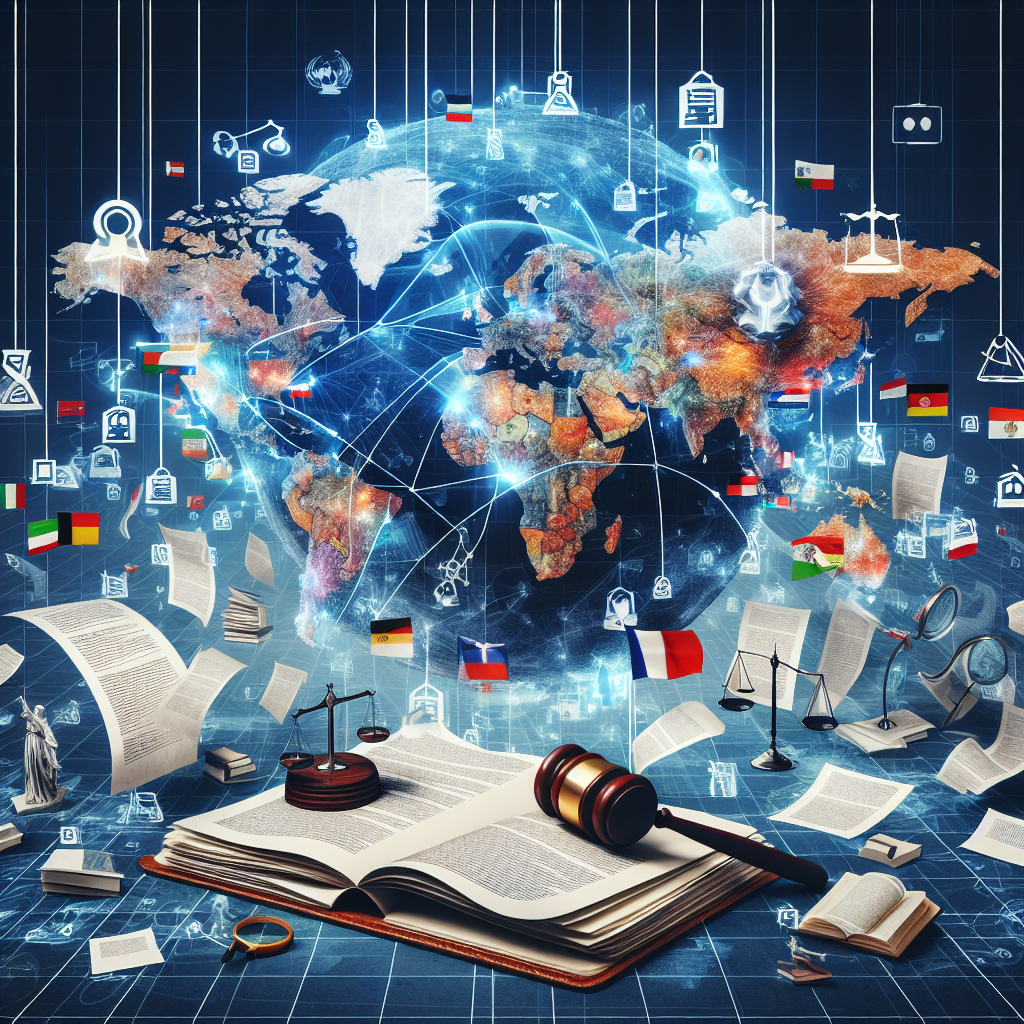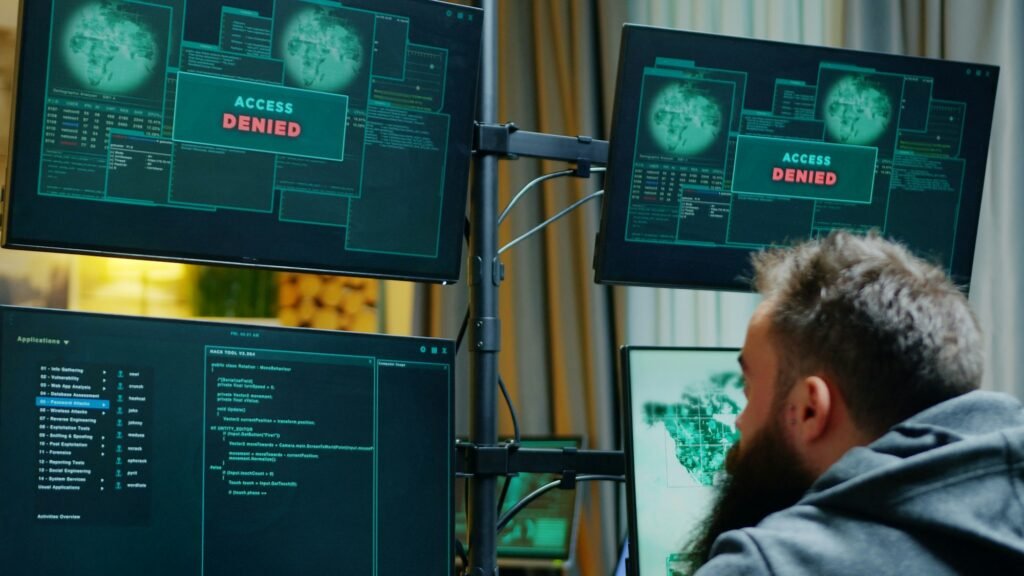Ethical Implications of AI in the Legal Profession
Ethical Implications of AI in the Legal Profession
In recent years, the legal profession has witnessed a transformative shift with the integration of Artificial Intelligence (AI). This technological revolution presents both opportunities and challenges, particularly concerning ethical implications. As AI continues to make strides in the legal sector, understanding its ethical dimensions is crucial for legal professionals, policymakers, and society at large.
The Rise of AI in the Legal Sector
AI technologies, such as machine learning, natural language processing, and data analytics, are increasingly being used in various legal applications. From contract analysis and legal research to predictive analytics and e-discovery, AI tools enhance efficiency and accuracy, allowing legal professionals to focus on more complex tasks. However, this technological advancement comes with a set of ethical concerns that must be meticulously addressed.
Key Ethical Considerations
1. Bias and Fairness
One of the primary ethical challenges of AI in the legal profession is the potential for bias. AI systems are trained on historical data, which may contain biased information. This can lead to biased outcomes, particularly in areas like predictive policing or sentencing recommendations. Ensuring AI fairness requires continuous assessment and monitoring of AI systems to prevent and mitigate bias.
2. Accountability and Transparency
AI systems can sometimes operate as "black boxes," making it difficult to understand how they reach certain conclusions. This lack of transparency can pose significant challenges in the legal profession, where accountability and reasoning are paramount. Legal professionals must demand higher transparency standards from AI developers to ensure that AI-assisted decisions can be explained and justified.
3. Data Privacy and Security
The use of AI in the legal sector involves handling sensitive client information, making data privacy and security a critical ethical consideration. Legal professionals must ensure that AI systems comply with data protection regulations to safeguard client confidentiality and build trust in AI technologies.
4. Job Displacement and Employment
As AI continues to automate routine legal tasks, concerns about job displacement arise. While AI can enhance productivity, there is a fear that it might replace certain roles within the legal profession. It is essential to strike a balance between leveraging AI for efficiency and preserving employment opportunities by focusing on upskilling and reskilling legal professionals.
5. Moral and Ethical Judgment
AI lacks the ability to make moral and ethical judgments—an essential aspect of legal practice. Legal professionals must understand that AI is a tool to assist, not replace, human judgment. The ethical responsibility to make morally sound decisions remains with human legal professionals.
Best Practices for Ethical AI Implementation
To address these ethical concerns, the legal profession should consider implementing the following best practices:
-
Bias Mitigation: Regularly audit AI systems for bias and ensure diverse and representative training data.
-
Enhanced Transparency: Work with AI developers to create interpretable AI models and demand clear documentation of decision-making processes.
-
Robust Privacy Measures: Implement strong data protection mechanisms and ensure compliance with relevant privacy regulations.
-
Continuous Education: Encourage ongoing education and training for legal professionals to adapt to evolving AI technologies.
-
Ethical Guidelines: Develop and adhere to ethical guidelines and frameworks specific to AI use in the legal sector.
Conclusion
The ethical implications of AI in the legal profession are multifaceted and complex. While AI offers promising benefits in terms of efficiency and accuracy, it also raises significant ethical concerns that must be addressed proactively. By fostering a culture of transparency, accountability, and continuous learning, the legal profession can harness the power of AI responsibly and ethically, ultimately enhancing the delivery of justice.
For legal professionals and organizations, navigating the ethical landscape of AI is not just a necessity but an opportunity to lead by example in the responsible deployment of transformative technologies.































































































































